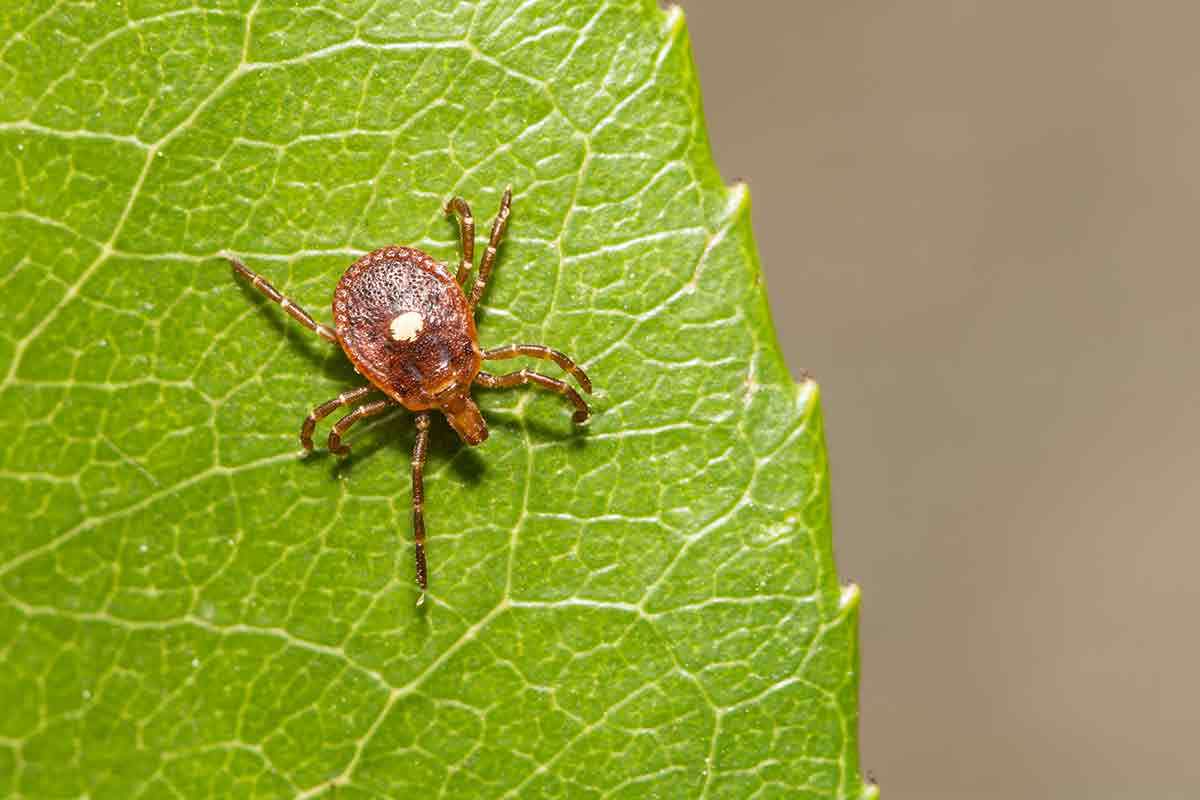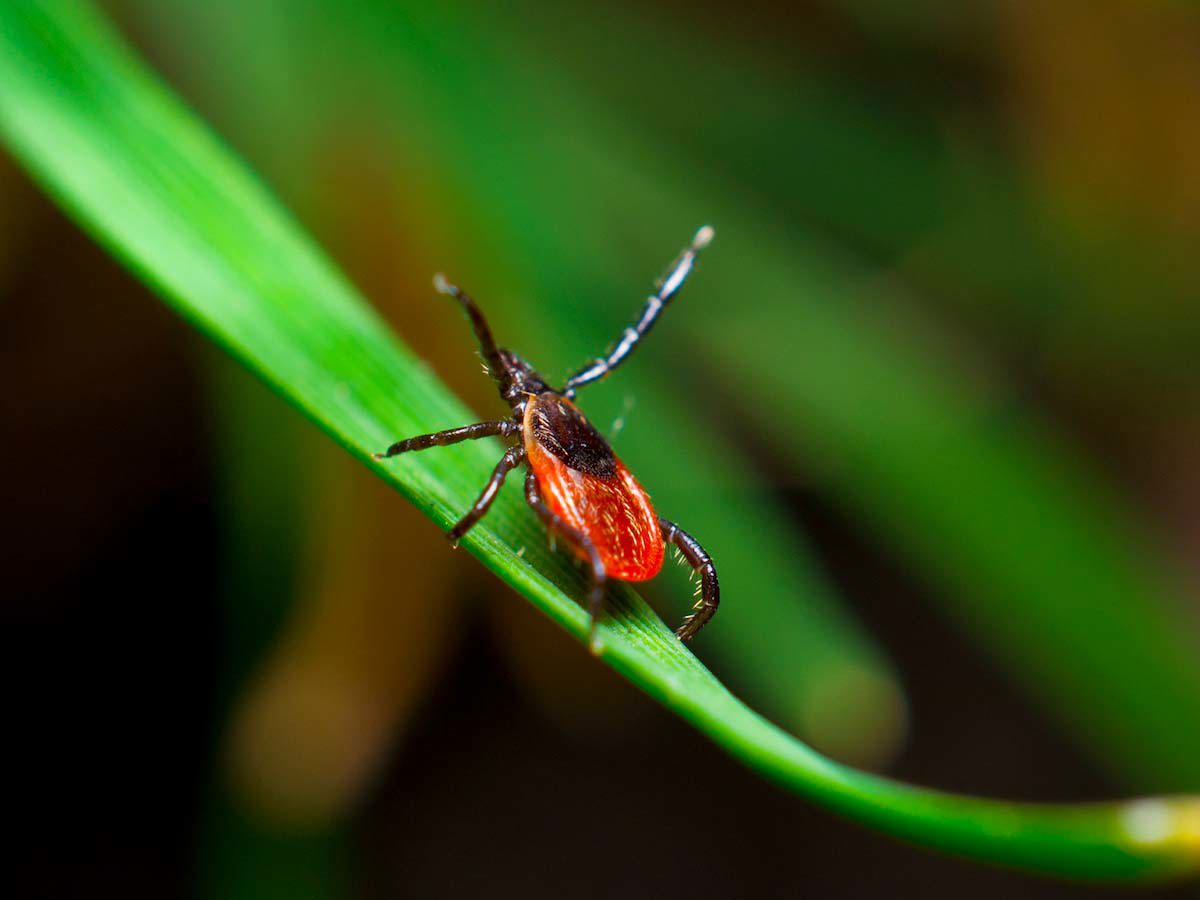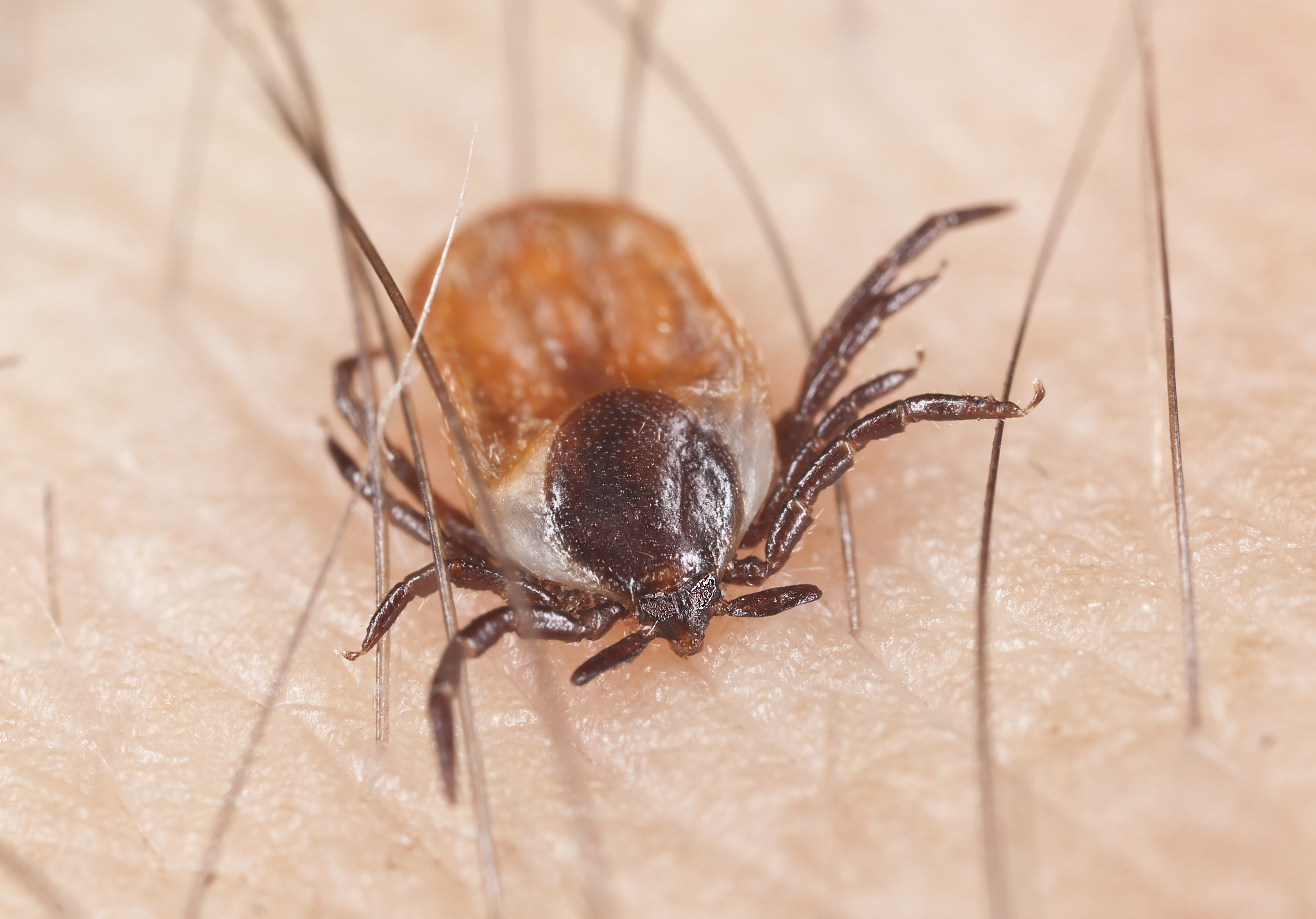Ticks in Virginia
According to the CDC, reported cases of Lyme disease in Virginia have increased from 357 in 2006 to almost over 1,000 in 2016. As ticks are prevalent in Virginia, it’s recommended that residents take precautions in order to protect themselves and their families from these potentially dangerous pests.
What Type of Ticks are in Virginia?
While the invasive Asian longhorned ticks were recently found in the state, the most common types of ticks in Virginia are:
When is Tick Season in Virginia?
Ticks can be encountered throughout the year, but Virginia tick season is generally in spring and summer.
Are Ticks “Bad” in Virginia?
According to the Virginia Department of Health, the northern counties in the state report the highest density of ticks. Lyme disease is the most commonly reported tick-borne disease in the state, but residents are also at risk of Rocky Mountain spotted fever and ehrlichiosis.
With this in mind, we recommend taking the following precautions to limit exposure to ticks:
- When outdoors, wear long-sleeved shirts, closed-toe shoes, and long pants if possible.
- Lighter color clothes make it easier to spot ticks.
- Insect repellent with at least 20% DEET is highly recommended.
- When hiking or walking in wooded areas, try to avoid vegetation, and stick to the middle of the path.
- After spending time outdoors, always check yourself for ticks, as your family and pets.
What to Do If You Are Being Bitten by a Tick in Virginia
One of the most frequently asked questions related to ticks is how to remove one in the process of biting the skin. Here are the proper steps to follow:
- Expose the tick by gently pulling back any hair that may be covering it.
- With a pair of fine-tipped tweezers, grasp the tick’s head. Do not grasp its body as this may cause the tick’s blood to be injected into the skin.
- Pull the tick’s head from the skin. Avoid twisting or wiggling the tick.
- After the tick is removed, dispose of it in a trash receptable with a lid or flush it down the toilet. Wash the bite mark and your hands using soap and water.
- If you develop a fever or a rash around the tick bite area, consult a physician.
Find a Tick Exterminator in Ohio Today
Have you found ticks in or around your home? Contact a pest control professional near you by entering your zip code in the search bar below.







